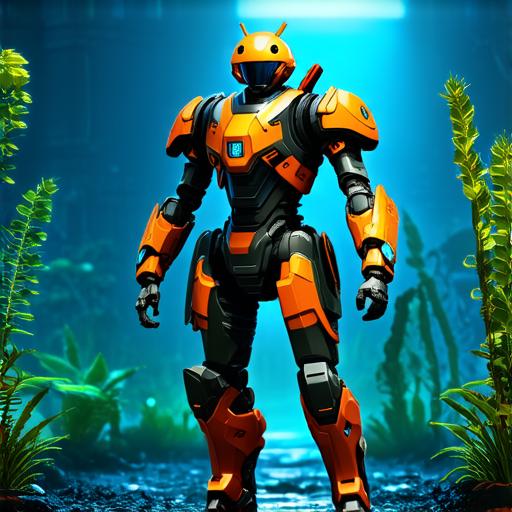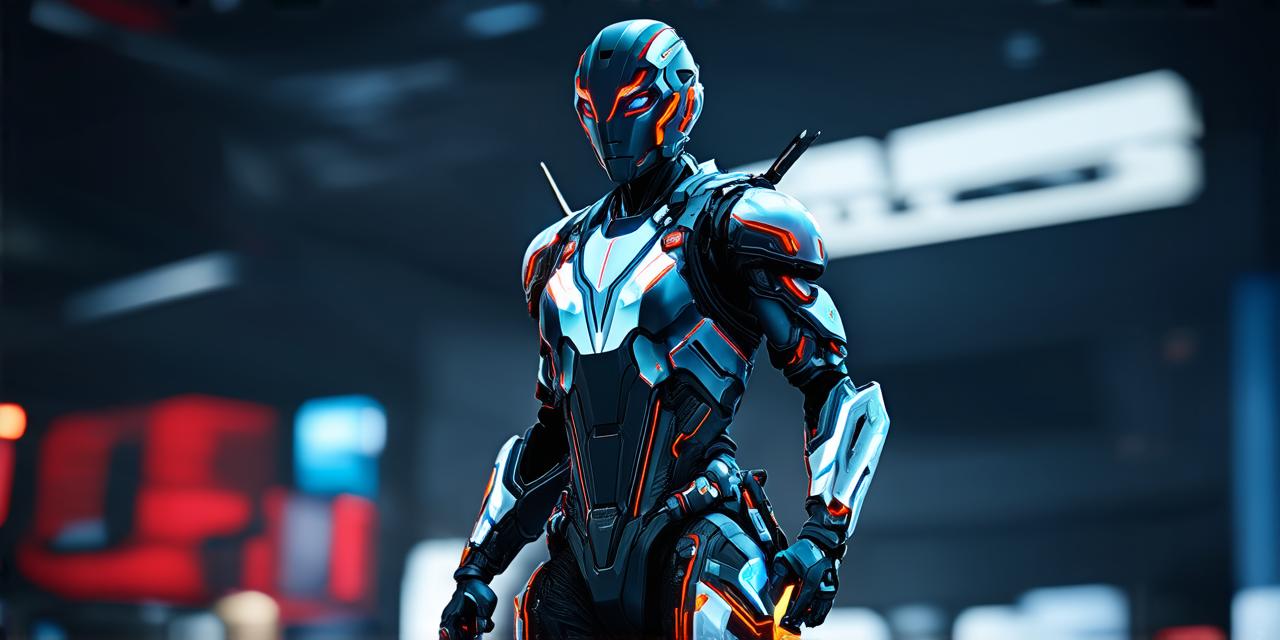1. Hardware Requirements
One of the first things to consider when developing an Unreal Engine game for Android is the hardware requirements. While most modern Android devices have enough power to run games built with Unreal Engine, it’s important to test your game on a variety of devices to ensure that it runs smoothly and looks good across different screen sizes and resolutions. You should also consider the performance requirements of your game, such as frame rates and load times, and make sure that your device specifications meet these requirements.
2. Unity vs Unreal Engine: Which is better for Android game development?
Unreal Engine and Unity are two of the most popular game development tools available for Android. Both have their own strengths and weaknesses, so it’s important to choose the one that best fits your needs.
Unreal Engine is known for its powerful graphics capabilities and support for advanced features like ray tracing and physics simulations. It also has a large community of developers who contribute to its open-source codebase. However, Unreal Engine can be more difficult to set up and use than Unity, and it requires more resources to run smoothly.
Unity is a more beginner-friendly tool that allows developers to create games with less advanced graphics capabilities. It also has a large community of developers who provide support and resources. However, Unity may not be as powerful or flexible as Unreal Engine for certain types of games.
3. Integration with Android Services
When developing an Unreal Engine game for Android, it’s important to consider how you will integrate your game with the device’s services and features. This includes things like Google Analytics for tracking player behavior, Google AdMob for monetizing your app, and Google Play Games for implementing social features like leaderboards and achievements. You should also consider using Android NDK (Native Development Kit) to access device specific APIs and libraries.
4. Testing and Optimization

Testing is an essential part of the game development process, especially when building a mobile app. You should test your game thoroughly on a variety of devices and screen sizes to ensure that it runs smoothly and looks good across all platforms. You should also optimize your game for performance, such as minimizing load times and improving frame rates, to ensure that players have a positive experience.
5. Marketing and Promotion
Finally, marketing and promotion are critical to the success of any app in the app store. You should create a strong marketing plan that includes social media campaigns, PR outreach, and influencer partnerships to build excitement and buzz around your game. You should also consider running paid advertising campaigns to increase visibility and downloads.
In conclusion, developing an Unreal Engine Android game can be a complex and challenging process, but with the right approach and tools, it’s possible to create a successful app that players will love. By considering hardware requirements, choosing the right development tool, integrating with device services, optimizing for performance, and promoting your app effectively, you can set yourself up for success in the app store.
